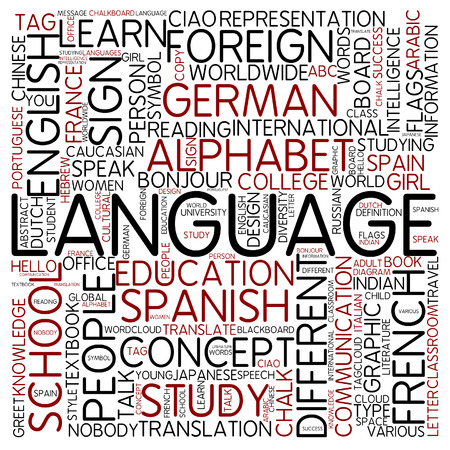
At the feisty age of 16, I was given an opportunity to study in Switzerland to improve my French language skills. After committing, I found out that the only exchange spot was in Bern, the country’s German-speaking capital. My teenage determination told me I could learn the language quickly enough to complete my school year in German. How hard could it be?
Before I left, a dear German-speaking friend gave me basic language lessons and offered insight into Swiss culture. After teaching me my first words (der Apfel/the apple), he explained that while “high German” was a national language, people spoke the Swiss dialect except in formal situations. Had I understood just how different the dialect was, I may have felt more trepidation about my upcoming adventure.
In Bern, I started an intensive German course with a robust woman whose name translated to “Mrs. Cheese.” Understanding German came quickly. I armed myself with familiar books (like Winnie-the-Pooh) and read painstakingly, looking up every second word in my battered yellow dictionary. Speaking came more slowly. I was perceived as withdrawn. Only near the end of my year did my friends realize that I had something of substance to say.
The Swiss dialect challenged me, and it was everywhere. I faced resentment when I asked people to speak German, as I was asking them to shift from a place of comfort to a language that many felt was imposed upon them.
My time abroad coincided with the implementation of the German orthography reform in Switzerland. The reform introduced spelling and capitalization changes, and aimed to harmonize spelling across German-speaking countries. I overheard arguments about adjectives and compound verb capitalization. I eventually cobbled together a mix of dialect and pre- and post-reform German. Years later, I learned the real German words for “wallet” and “bicycle,” and realized just how bizarre my earlier language was.
Wrestling with a foreign language in odd circumstances fostered my admiration for peers who are learning English. German is difficult because of its cases, impossibly long words and verb-at-the-end sentence structure. But unlike English, there are explanations for everything. Monster words break down into understandable pieces, like a deconstructed puzzle. When I look at English through the eyes of a non-native speaker, I realize how nonsensical it is.
My experience has helped me value the editor’s craft. Not only do we need to feel confident enough in our language to express ourselves, but we have to trust our abilities to understand the words of others and clear away the chaff that prevents meaning from shining through. As that naïve school girl, I would have gladly turned over my Swiss lunch money in exchange for someone willing to give my thoughts clear expression. The ability to edit the words of others takes sensitivity and skill, and we should be honoured to be trusted with the words of those who can’t express their ideas as clearly as they wish.
~~~
Previous post from Marianne Grier: Eggplants and Aubergines.
The Editors’ Weekly is the official blog of Editors Canada. Contact us.
Discover more from The Editors' Weekly
Subscribe to get the latest posts sent to your email.
